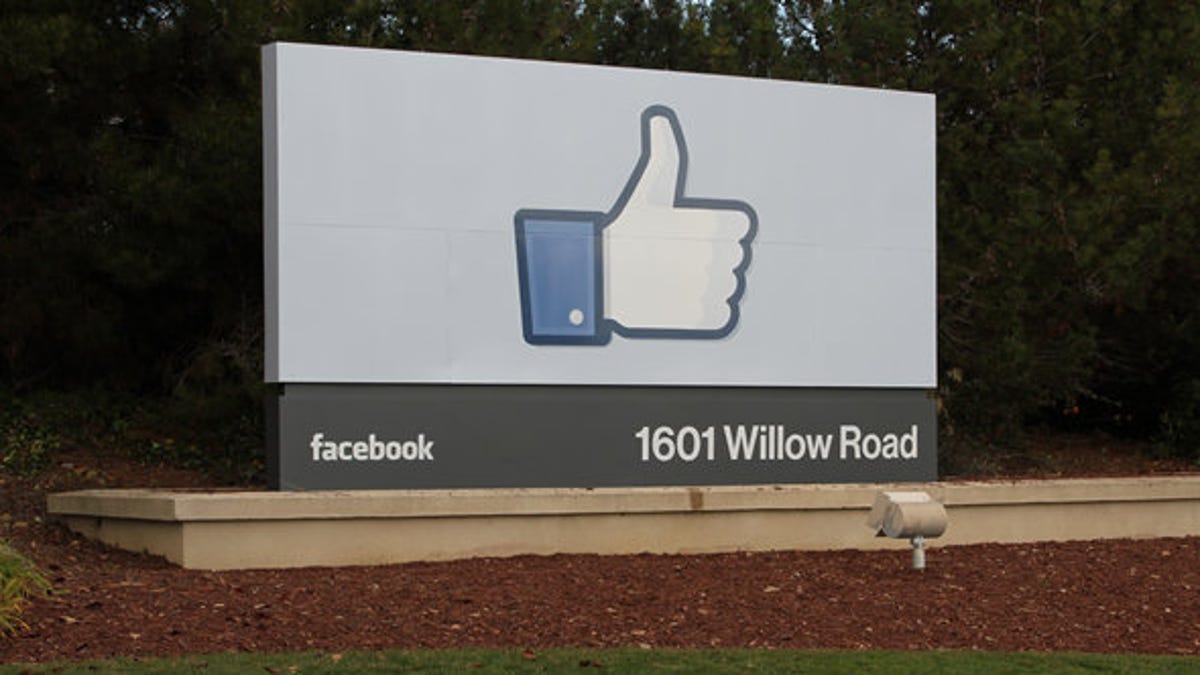Facebook snags Microsoft's Atlas to boost ad sales
The deal gives the social-networking giant a tool to use the information gleaned from its users to serve up more relevant ads.

After months of speculation, Facebook today agreed to buy Microsoft's Atlas online-advertising platform, boosting the social-networking giant's ability to compete against Google in the display ad business.
Terms of the deal were not disclosed. The companies also didn't disclose the number of employees the deal affects, but Facebook noted that Atlas' employees will remain in Seattle.
Facebook and Microsoft, already partners in several businesses, began talking about a deal for Atlas, which helps advertisers buy and manage ads, late last year. The deal could help Facebook develop its own one-stop shop for advertisers and agencies to buy, sell, optimize, and track ads across the Web. The idea is to help Facebook give marketers tools to target ads based on social habits that it captures, and to better understand how social activity influences consumer purchases.
"Our belief is that measuring various touch points in the marketing funnel will help advertisers to see a more complete view of the effectiveness of their campaigns," Brian Boland, Facebook's director of product marketing, wrote in a blog post. "Acquiring Atlas will be an important step towards achieving this goal."
The expectation that Facebook will create an ad network that lets it sell ads outside of the social network has been talked about for a while, and it makes good sense. Facebook is already plugged into tons of Web sites through Facebook Connect, and each time people share or "like" an item on a site, Facebook's data trove gets a little bigger. Facebook can connect that data with the information from within Facebook -- the social graph -- to create a social ad network that is potentially more effective than Google's AdSense.
Wall Street has wanted Facebook to do this for a while, though company executives have been quiet on the topic. It's a logical way for the social network to expand its business without cluttering up the Facebook site itself. A third-party ad network could become a multibillion-dollar business, and the financial pressure on Facebook is intense. Its stock, now around $27, has yet to claw back to its initial public offering price of $38.
"This is a big opportunity and definitely on the list of to-dos," Colin Sebastian, an analyst with Robert W. Baird, recently told CNET. "It's a matter of when they think the platform is ready and they're comfortable with privacy issues. The minute people go to other sites and see ads that look like they're coming from Facebook, alarm bells go off. They have to go into this slowly."
But a Facebook representative notes that the deal isn't about creating an ad network. Instead, it's hoping to help advertisers measure the impact of their ads across all forms of digital advertising. That's a challenge for online ads, and solving that problem could ultimately boost the industry, something that would certainly benefit Facebook. It gives the company a tool to measure how well ad campaigns do both on and off of Facebook.
"If marketers and agencies can get a holistic view of campaign performance, they will be able to do a much better job of making sure the right messages get in front of the right people at the right time," Facebook's Boland wrote. "Atlas has built capabilities that allow for this kind of measurement, and enhancing these systems will give marketers a deeper understanding of effectiveness and lead to better digital advertising experiences for consumers."
For Microsoft, the deal is another step away from its $6 billion deal to buy aQuantive, of which Atlas was a part, in 2007. The software giant wrote off most of the costs of that deal last July.
Microsoft is not walking away from online advertising. But rather than owning a singular ad technology and tools platform, the company is focusing on building devices and services -- such as Windows 8, its Surface tablets, Xbox Live, and Skype, among others -- that are advertising platforms.
"This deal allows us to dedicate even more energy and resources to those areas of our business that are core to the future direction of Microsoft Advertising," Microsoft Advertising Chief Operating Officer Dave O'Hara said in a blog post announcing the deal.
Update, 1:20 p.m. PT: Adds comment from Facebook and Microsoft.
Update, 2:48 p.m. PT: Adds more details from Facebook.



